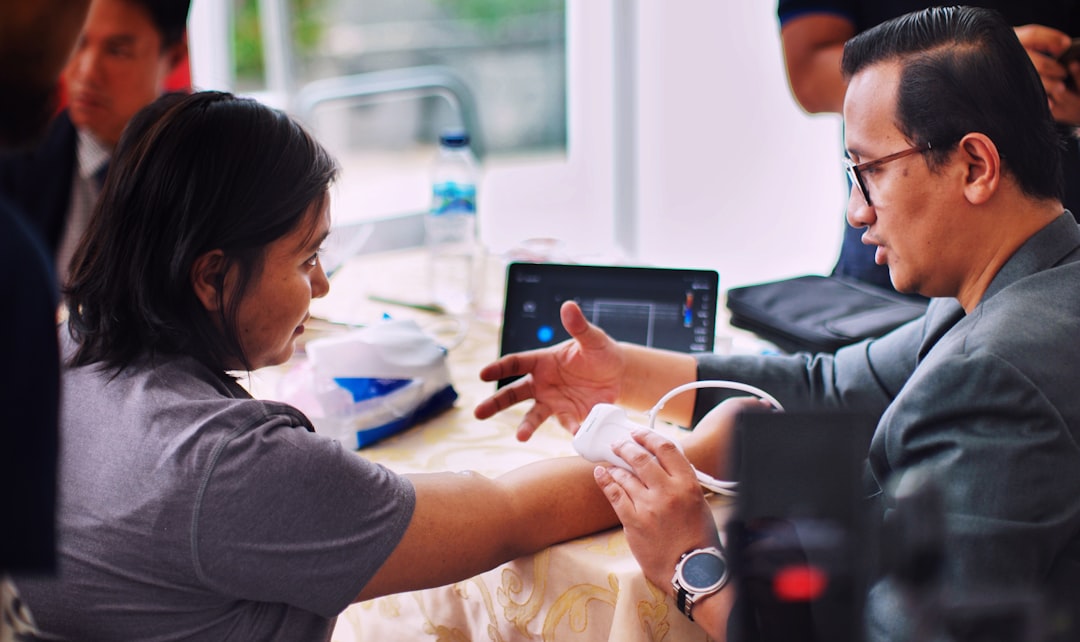What is it about?
This meta-ethnographic analysis expanded the perspectives on meaning in occupation and explained the characteristics of why and how people experienced an occupation as meaningful. The main perspective was occupational therapy/occupational science, which was complemented with existential/individual, group and anthropological perspectives. The findings showed that five inter-related characteristics attributed to experiencing meaning, of which the main category was constructing identity and self-actualising throughout life. Occupations were experienced as meaningful when characteristics were present or meaningless when absent.
Featured Image

Photo by Belinda Fewings on Unsplash
Why is it important?
When reviewing experiences of meaning in diverse populations it was important to have a broad perspective on meaning. The five categories explaining why and how an occupation was experienced as meaningful, were found in all the contextual settings, also in non-western countries, low socio-economic settings, institutional contexts and among people living with disabilities. The inter-play among the categories attributing to experiences of meaning could change across the lifetime. This knowledge is important for occupational therapy practice and research in occupational science.
Perspectives
Awareness of the richness and diversity in peoples experiences of meaning in occupation is important. However, there was an absence of data on experiences of "negative" occupations or occupations not accepted by the society. But, the findings of the characteristics attributing to experiences of meaning, are also applicable to occupations that are present/absent, positive/negative, accepted/non-accepted.
Dr Lisbeth Nilsson
Lund University
Read the Original
This page is a summary of: Experiences of meaningful occupation among diverse populations – A qualitative meta-ethnography, Scandinavian Journal of Occupational Therapy, January 2024, Taylor & Francis,
DOI: 10.1080/11038128.2023.2294751.
You can read the full text:
Contributors
The following have contributed to this page










